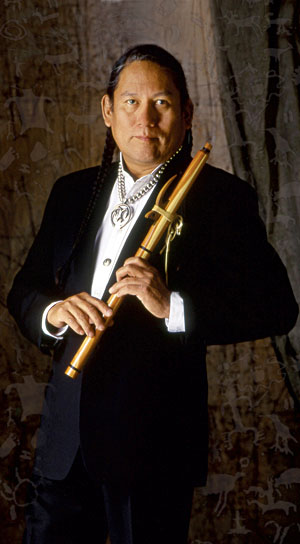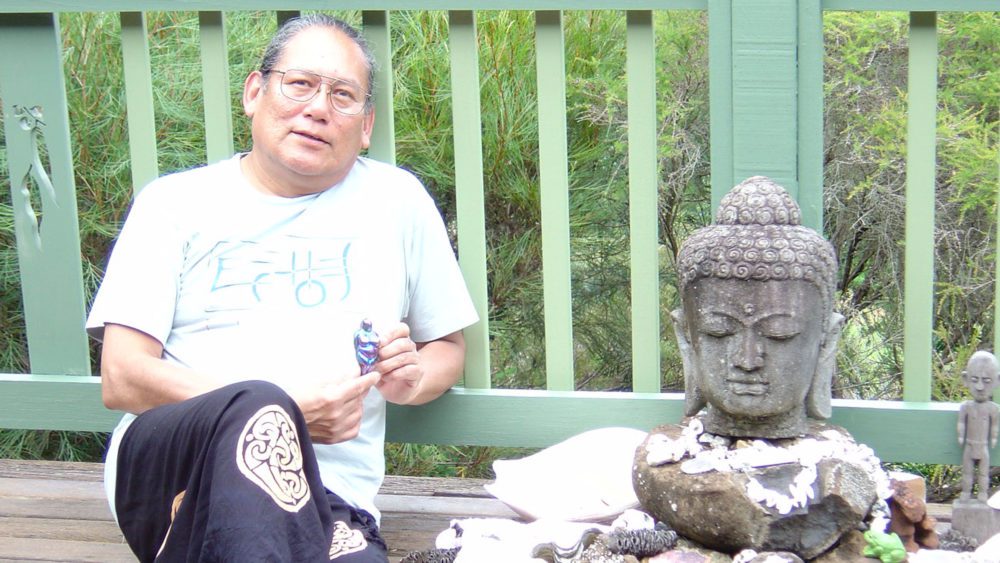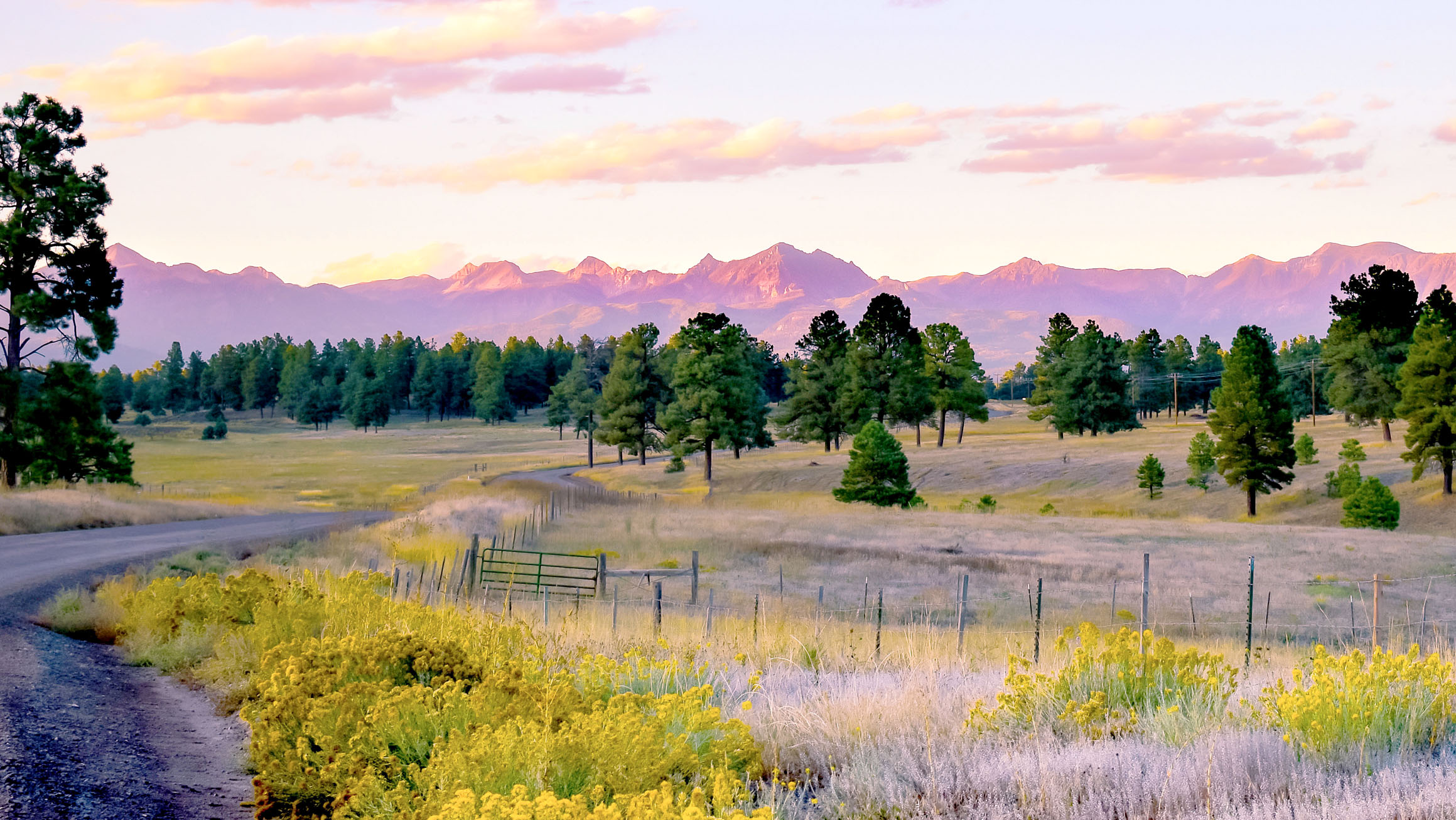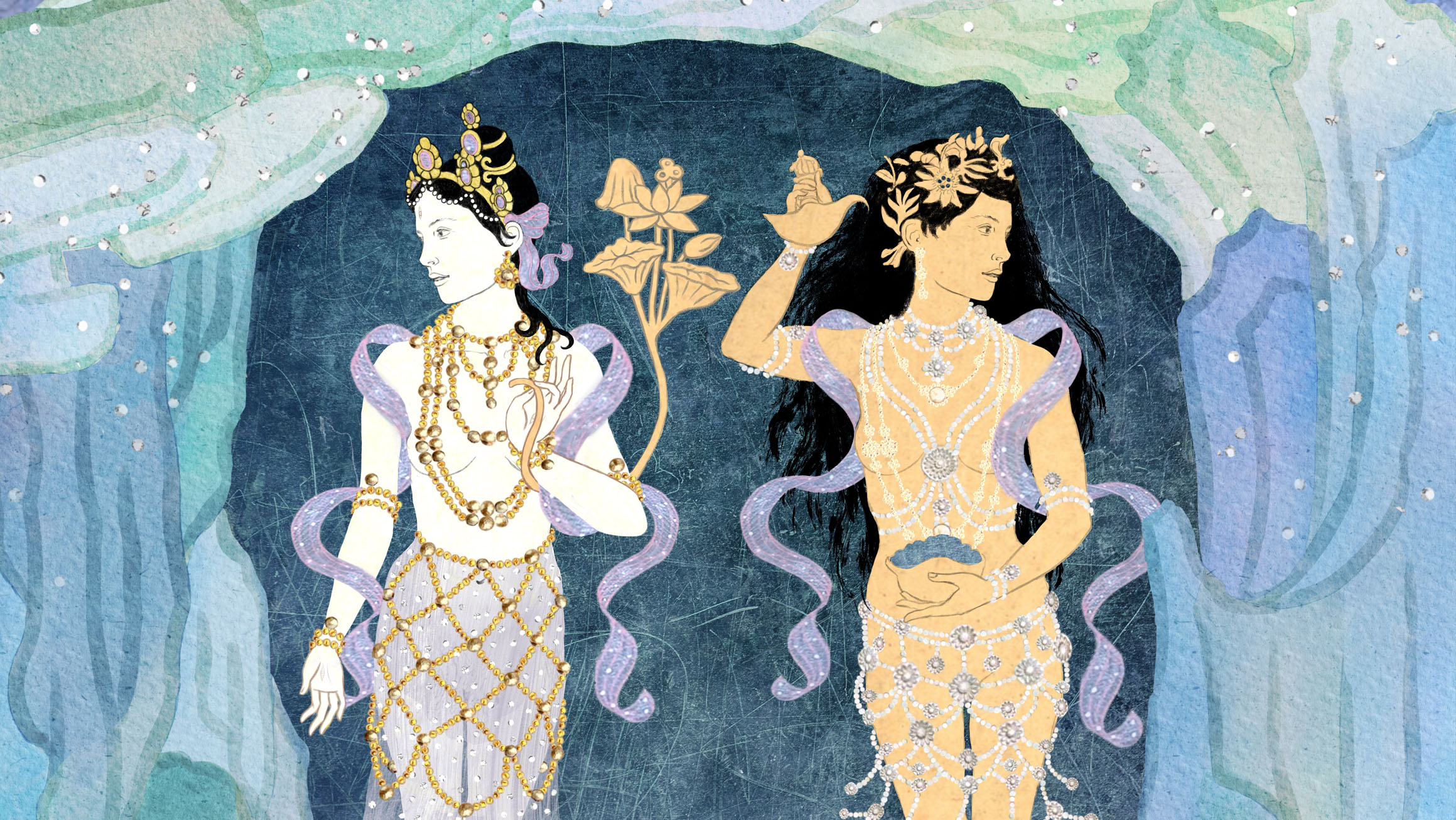Honoring November as Native American Heritage Month, we share with you a blog post written by R. Carlos Nakai, the world’s premier performer of the Native American flute, and of Navajo‐Ute heritage.
My life journey began in Flagstaff, Arizona. As an urban indigenous person, I was continually reminded that I am surrounded in a community of kinship-related individuals with histories of survival through time in historically transmitted oral traditions of the Navajo and Ute peoples. My education and socialization into tribal and contemporary lifestyles and lifeways included active participation in seasonal ceremonial practices and observances by tribal historians, as well as attending various public and parochial schools. I live in two worlds at once that are personally significant to developing my own philosophic perspective as an individual. Reflection and realizations by intuition and inquiry of elders and teachers about the various traditional aspects of cultures inhabit my world view daily.
I am One with myself and do not follow religious principles. This doggedness in accepting the parochially based education and doctrinal teachings was challenging to a degree, but I was admonished to make up my own mind. My personal philosophy is one of deeply held awareness about how I am related to all that exists within a world of others without qualification. “I Am, the most important person in my world,” is definitive acknowledgement that I exist within my own center of existence and there is no other like me. This is not an ego-bound perspective, but one that stresses the importance of having a degree of self-reliance and self-respect which cannot be given by another. Therefore, I am entirely responsible for how I interact with and interpret the world that surrounds me from one moment to the next.
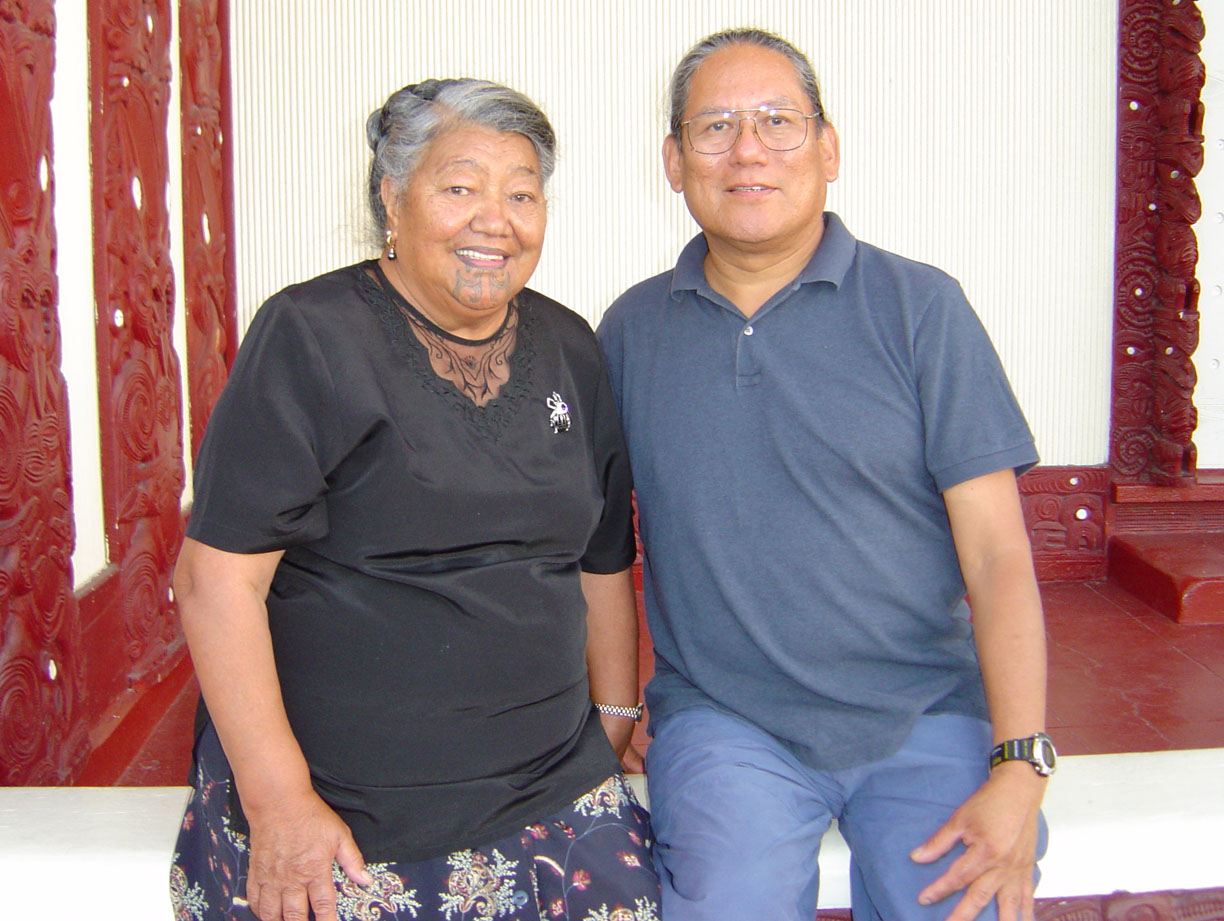
Photos: Above (Break time during a music and culture workshop in front of the community long house at Wakawerawera near Rotorua Aotearoa, New Zealand); Header (R. Carlos Nakai visiting in Possum Creek, NSW, before his Mulimbimbi concert)
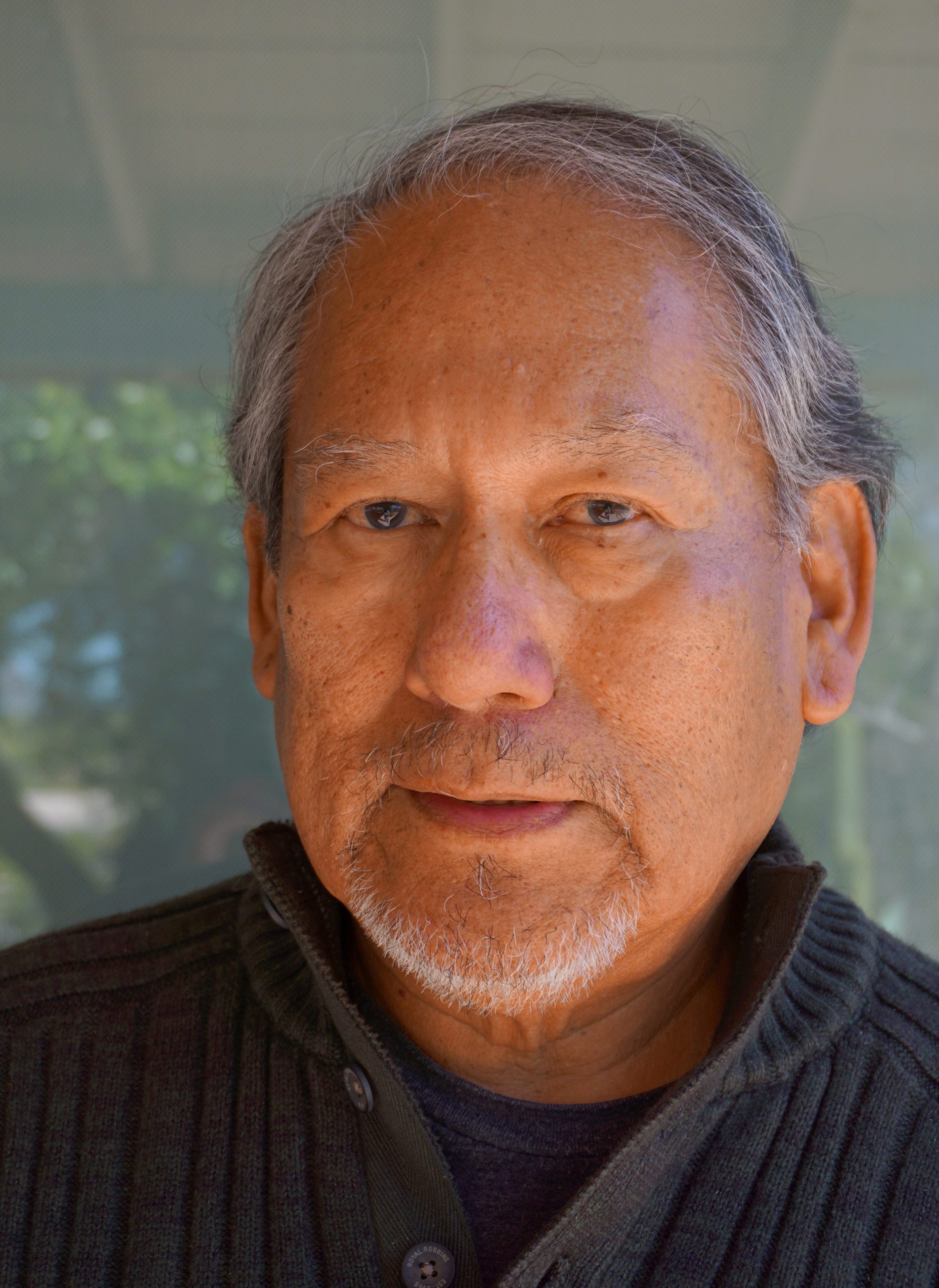
Since I am entirely responsible for my personal existence, I have been intrigued by the attraction of others to nonexistent external forces and outer directed selflessness that negatively affects their livelihood. Religions, in my experience, espouse kowtowing to and accepting dogma and doctrinal precepts and suppositions contained in documents transcribed by select groups of individuals. I have wondered, inquired, and have found little to no definitive evidence about such personages and upon inquiry have ended with the comment, “you’re not good enough to know.” Mystery stories are a dime a dozen and readily available by authorities to garner status of one kind or another. So, my curiosity and need to know about life itself were met by belittlement about my observations of the predicament of the society.
The smoke and mirrors of the predominant religious movements left me with questions but no definitive answers; however, the enticement of food and beverage was always fully appreciated on all levels.
An exciting opportunity presented itself in 1966 when the military draft removed me from the familiar into a larger world. I was exposed to social thought from many quarters. I visited Buddhist facilities to listen, see and experience philosophies of developing personal insightfulness and connectedness to life. The open approach to becoming at peace with one’s spiritual being reminded me of my indigenous knowledge and personal responsibility in growing into the world as an individual and not a follower. I found this way of knowing easy to compare my traditionally developed sense of being with this philosophy that seemed so similar, in aspects, to the way I had been nurtured and raised to think for myself. This experience was a revelation that led to more directed research about this way of thought. So much was like the way I had been instructed to lead my personal life. A dear friend encouraged me to attend workshops at Tara Mandala to further my understanding about the extant philosophy of Buddhism. My journey started in Fall 2014 with an application to Tara Mandala Retreat Center in Pagosa Springs, Colorado to attend a Chöd workshop and to meet Lama Tsultrim Allione,
Dorje Lopön Chandra Easton, and Lopön Karla Jackson-Brewer who offered conversations and interpretations at the Chöd retreat. I was at once impressed. The philosophic concepts and understandings about the human condition as expressed in the sittings, as well as the matrilineal approach were enlightening and clearly matched my own tribal culture’s way of being. Further, I realized that Lama Tsultrim is a matriarch within the Tibetan Buddhist movement organized by Machig Labdrön and is one of few women Lamas today in America. I live within my own matrilineal culture and abide in its principles to enable and nurture a sense of spiritual survival in a world of others. The practitioners of this feminine philosophic approach understand and acknowledge the greatest demon that keeps us from becoming singularly independent and fearless.
One of the affirmations I have learned from my grandmothers is to always “walk my path in beauty, harmony and peace”, and to acknowledge my existence with, “I Am, the most important person in my world.” This is for me now, a world of my sisters, mothers and grandmothers contained in a spiritual journey that has always been acknowledged and shared openly for self-enlightenment, nurturing and resolution of that which keeps us from ourselves.
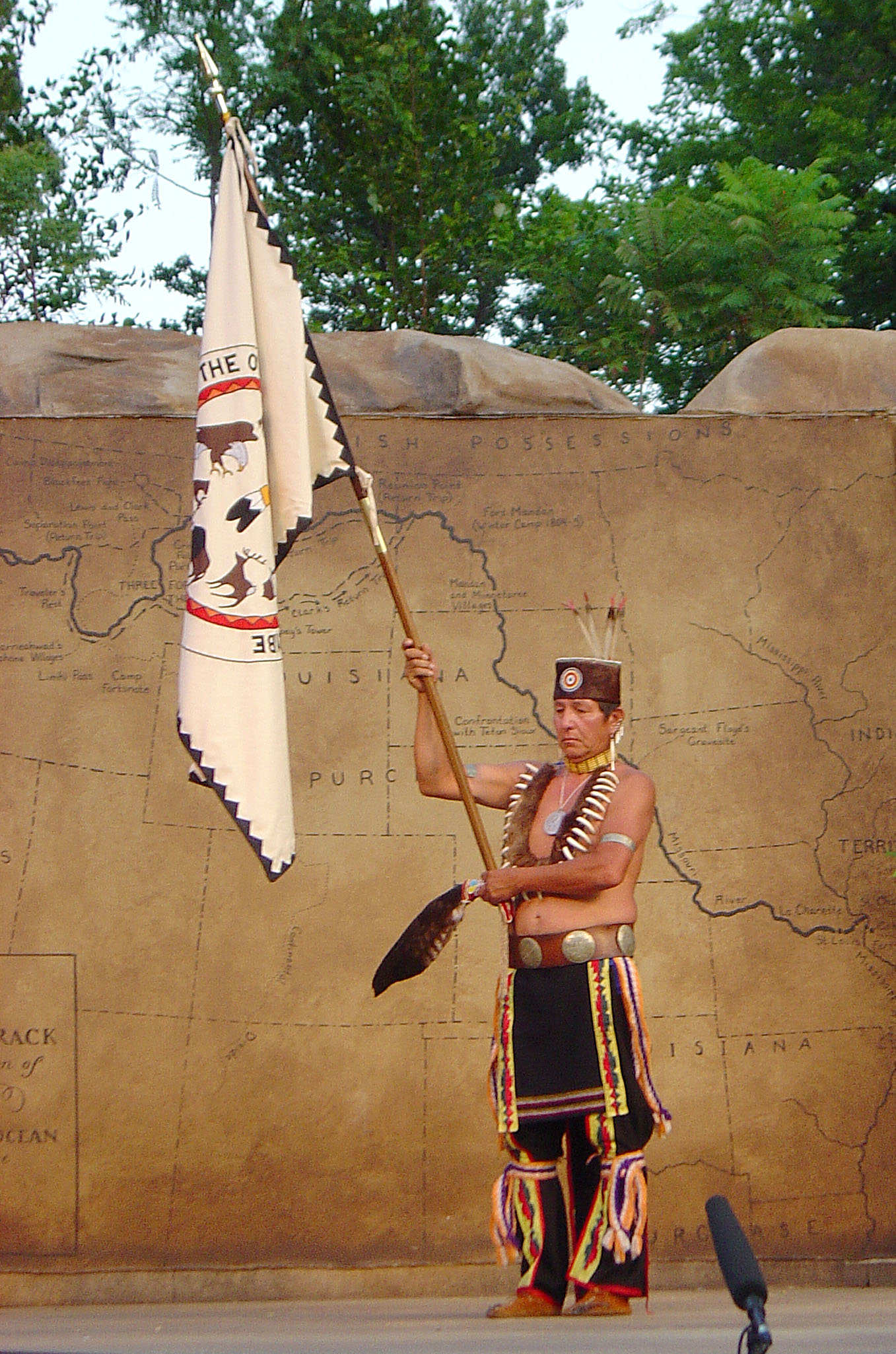
Photo: State flag bearer at Lewis and Clark Memorial Celebration in Lincoln, NE.
Please enjoy some of R. Carlos Nakai’s music, in the following videos:
• Lake That Speaks (Flute Solo) (from the “Mythic Dreamer” album) – click here to listen
• Walking Song (from the “Canyon Trilogy” album) – click here to listen
• R. Carlos Nakai and Peter Kater “Live” Improvisation in D minor – click here to listen
About R. Carlos Nakai
Of Navajo‐Ute heritage, R. Carlos Nakai is the world’s premier performer of the Native American flute. Originally trained in classical trumpet and music theory, Nakai was given a traditional cedar flute as a gift and challenged to see what he could do with it.
Nakai began playing the traditional Native American flute in the early 1980’s and has released more than 50 albums in his career (with 40 on the Canyon Records label). Nakai has earned two gold records for Canyon Trilogy and Earth Spirit. In 2014, Canyon Trilogy reached Platinum status, (over 1 million units sold), the first ever for a Native American artist performing on a traditional instrument. In addition to solo appearances throughout the United States , Europe and Japan, Nakai has worked with guitarist William Eaton, flutist Paul Horn, pianist Peter Kater, composers James DeMars and Phillip Glass and various symphony orchestras.
While well grounded in the traditional uses of the flute, Nakai has explored new musical settings including new age, world beat, jazz and classical. His cross‐cultural collaborations have included Tibetan flutist, Nawang Khechog and Hawaiian slack‐key guitarist, Keola Beamer, as well as a Japanese folk group, Wind Travelin’ Band. He has recently begun working again with his world‐beat jazz group, the R. Carlos Nakai Quartet, including Will Clipman on percussion, Amo Chip Dabney on keyboards and saxophone, and Johnny Walker on bass.
R. Carlos has earned eleven Grammy nominations and 10 NAMA awards, a Governor’s Arts Award and an honorary doctorate from NAU.
